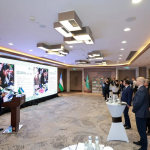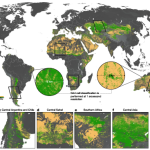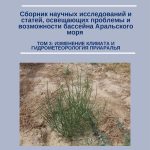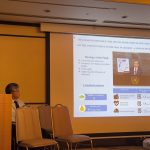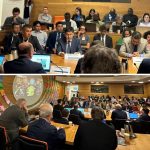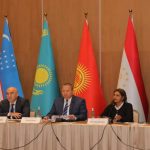The global spotlight increasingly turns towards addressing the interconnected challenges of climate change, food security, economic stability, and social well-being in the Aral Sea region. The resilience of its population faces mounting threats from the impact of climate shocks. Over the course of several years, in collaboration with our valued partners and donors, including the Government of Japan, the United Nations Development Programme (UNDP) has committed to tackling the pressing human insecurities brought by climate change in the Aral Sea region. Our mission is to promote adaptation and resilience-building among the inhabitants of Karakalpakstan.
September 2023, in Tashkent, Uzbekistan, a signing ceremony held at the Ministry of Agriculture marked the official launch of the UNDP’s new project for Supporting Self-Reliance through Climate-Resilient Agriculture in the Aral Sea Region. This transformative initiative has been made possible thanks to generous financial support from the Government of Japan.
The ceremony witnessed the participation of distinguished figures, including Mr. Alisher Shukurov, Deputy Minister of Agriculture; H.E. Mr. Takashi Hatori, Ambassador Extraordinary and Plenipotentiary of Japan to the Republic of Uzbekistan; and Mr. Anas Fayyad Qarman, UNDP Resident Representative a.i. in Uzbekistan. Together, they signed the Exchange of Notes and Project document, symbolizing a commitment to progress and prosperity. The project is poised to benefit over 376,000 residents across four northern districts: Hodjeyli, Chimbay, Kegeyli, and Nukus. Its indirect beneficiaries are estimated at a staggering 1.9 million. With a dedicated budget of two million US dollars, this project is set to make a profound impact.
Mr. Anas Fayyad Qarman in his opening remarks noted,
“We are on a mission to empower communities in our focus areas. We’re introducing climate-resilient agricultural practices and fortifying social infrastructure to help these communities thrive on their own terms. Building upon the collective expertise of UNDP and its partners, we will identify and promote innovative agricultural solutions, incorporating alternative energy sources and harnessing Japanese practices for product development and business enhancement. Moreover, we will seek to improve access to clean drinking water in remote communities exposed to climate risks”, he added.
“Despite significant efforts made to address the Aral Sea crises, negative effects of global warming and climate change are complicating the problem even further. In order to effectively address this big challenge, the united efforts to build a sustainable and resilient society through the promotion of human security is required more than ever before. By making full use of its experience and expertise, Japan is committed to continuing to support sustainable and quality growth of the Aral Sea region,” – noted Mr. Hatori, Ambassador of Japan.
At the grassroots level, this project will bring new and smarter farming methods to help local communities. It will teach them how to get more from their land and generate more income. These communities will receive support in creating climate-resilient community development plans, ensuring that rural populations gain access to climate-resilient social services, including clean drinking water and sustainable energy. In doing so, the project will safeguard the health and food security of the population.
Furthermore, the project will closely examine Japan’s extensive experience in utilizing innovative agricultural technology and fostering community resilience in rural areas. It aims to leverage Japanese expertise within the project’s scope, fostering a cross-cultural exchange of knowledge and ideas. This exchange holds the potential to further amplify the project’s impact.
As we embark on this transformative journey, UNDP reaffirms its commitment to building a resilient and self-reliant future for the people of the Aral Sea region. Through collaborative efforts and innovative solutions, we are dedicated to mitigating the challenges posed by climate change and fostering sustainable growth for the benefit of all.
The project goal and objectives are fully aligned with the policies and strategies of the Government of Uzbekistan on addressing the Aral Sea crises consequences including the Presidential Decree on Aral Sea region adopted on July 29, 2021, on the implementation of a special UN Resolution to transform the Aral Sea region into a “Zone of Ecological Innovations and Technologies”, Resolution of the Cabinet of Ministers of the Republic of Uzbekistan on January 25, 2022, on the adoption of a Concept Note and the Integrated Roadmap for the sustainable development of the Aral Sea region; as well as Presidential Degree adopted on October 23, 2019 on “Strategy for development of agriculture of the Republic of Uzbekistan for 2020-2030”, which focuses on improving the environmental and socio-economic situation, living conditions of the population, and effective implementation of investment projects to mitigate the environmental disaster in the Aral Sea region.
Source of information and Photo: UNDP Uzbekistan
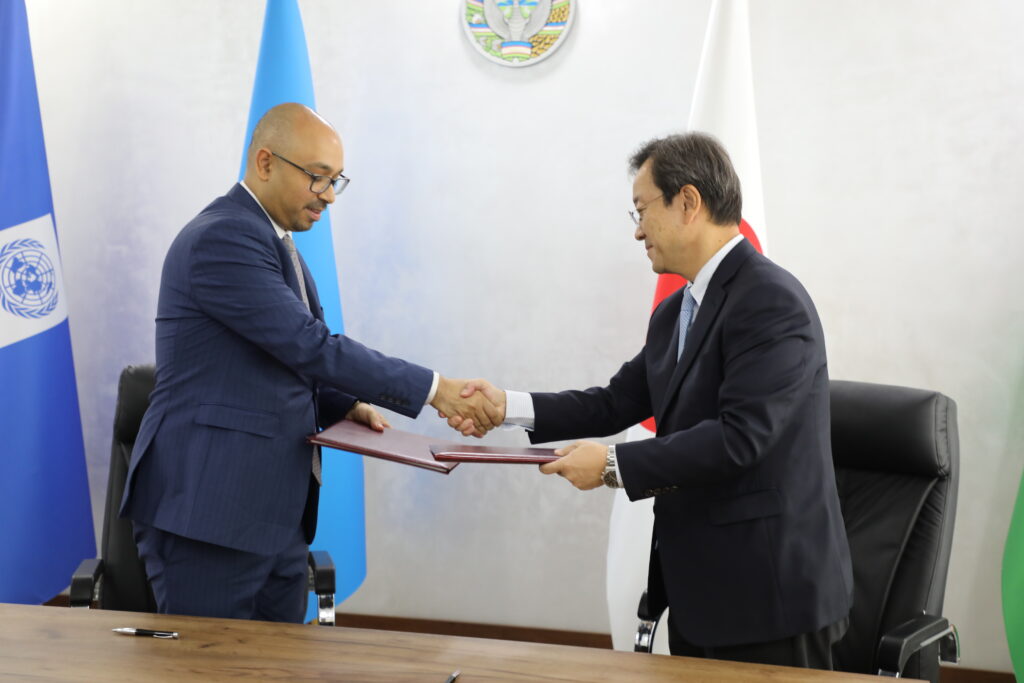
![]()


